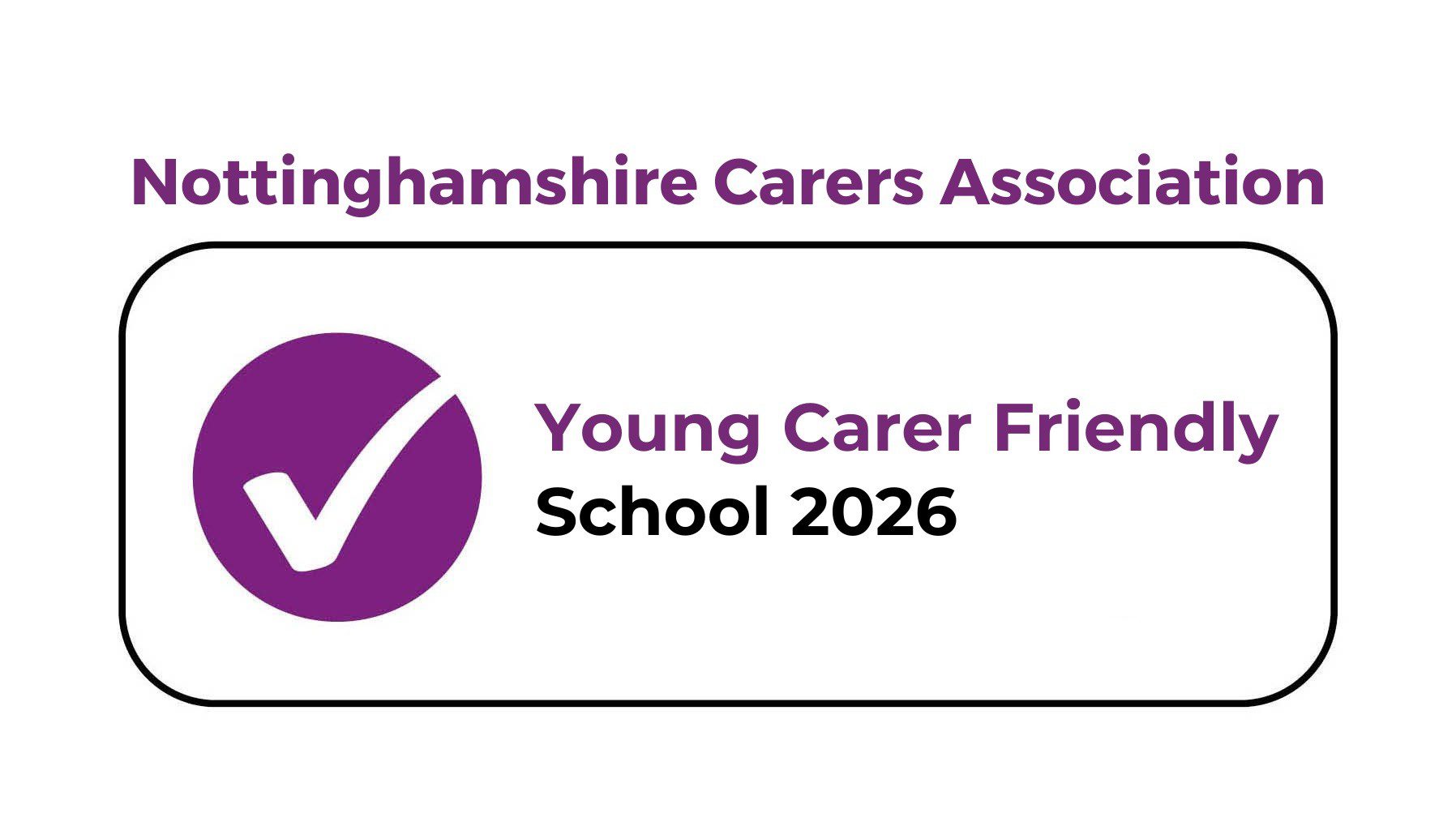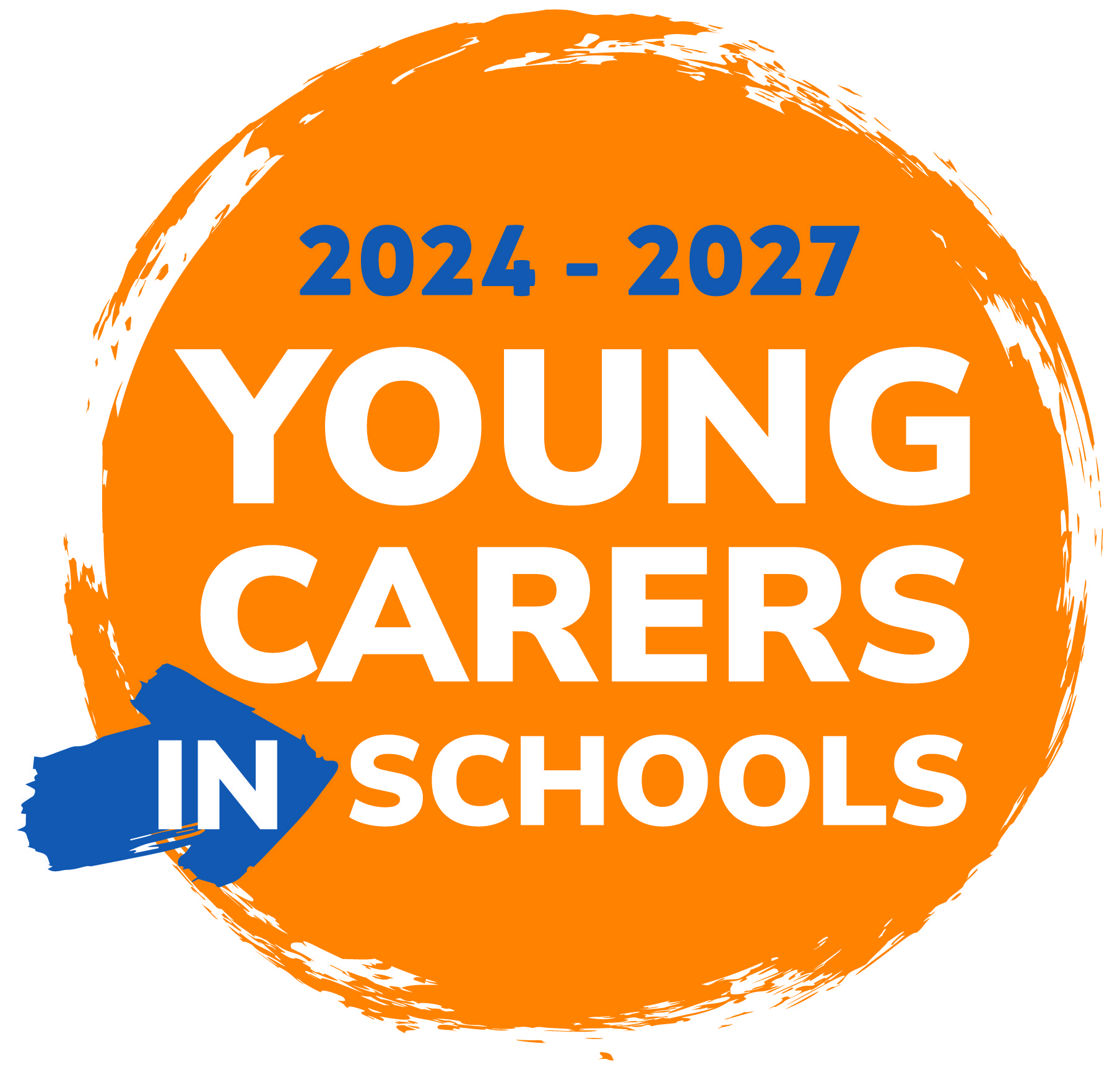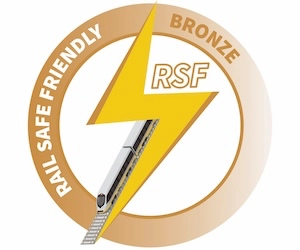Autumn term
Crime and detective fiction.
Rationale: Students dive into gripping mysteries, exploring how writers create suspense and intrigue. They sharpen analytical reading skills and develop powerful, purposeful writing – building confidence for GCSE and beyond.
Key knowledge:
- Conventions of crime and detective fiction
- Suspense, tension, and mystery
- Morality, justice, and human nature
- Character archetypes (detective, victim, villain)
- Structure and narrative perspective
- Context of key texts (Victorian and modern)
Key vocabulary:
- Suspense
- Crime
- Tension
- Inference
- Deduction
- Mystery
- Irony
- Humour
- Perception
- Anti-social
- Sociopath
- Morality
- Punishment
Key skills:
- Analyse language, structure, and technique
- Understand how narrative structure creates suspense and interest
- Use evidence to support analysis
- Compare and evaluate different texts
- Write to argue and persuade with clarity and purpose
- Develop and organise coherent arguments
- Use persuasive language and rhetorical devices
- Write for different audiences and purposes
- Use standard English accurately
Spring term
Romeo and Juliet by William Shakespeare.
Rationale: Students explore character, conflict, and motivation in one of Shakespeare’s most iconic plays, developing insightful analysis for GCSE study. Their writing hones creative voice, structure, and viewpoint, bringing passion and purpose to their work.
Key knowledge:
- Elizabethan context
- Love and conflict
- Fate and destiny
- Family honour
- Youth and impulsiveness
- Gender and power
Key vocabulary:
- Prologue
- Star-crossed
- Patriarch
- Arranged marriage
- Honour
- Revenge
- Catholicism
- Mutiny
- Dignity
- Feud
- Defiance
- Pilgrim
Key skills:
- Analyse Shakespeare’s language, structure, and dramatic technique
- Understand plot, character, and relationships
- Explore how Shakespeare presents character and motivation
- Use evidence from the text to support ideas
- Develop interpretations based on context and authorial intent
- Write creatively from a character’s perspective
- Organise writing for dramatic effect and voice
- Use appropriate tone, vocabulary, and sentence structure
- Use standard English accurately
- Participate in discussion and performance
- Listen and respond to others thoughtfully
Summer term
Dystopian fiction: The Hunger Games
Rationale: Students step into a world of power, control, and rebellion as they explore how writers create tension and meaning. Inspired by the novel, they design and describe their own arenas, using imaginative and powerful writing to bring their ideas to life.
Key knowledge:
- Dystopian genre conventions
- Power, control, and rebellion
- Inequality and social hierarchy
- Characterisation and relationships
- Authorial intent and context
- Descriptive and imaginative writing techniques
Key vocabulary:
- Suffering
- Reaping
- Tributes
- Voyeurism
- Gladiatorial
- Objectification
- Reality TV
- Survival
- Commodities
- Dystopia
- Conformity
- Totalitarian
- Dictator
Key skills:
- Analyse language and structural choices
- Understand plot, setting, and character development
- Explore how themes such as power and control are presented
- Use evidence to support interpretations
- Make links between text and wider context
- Write descriptively to build atmosphere and setting
- Develop original ideas based on thematic inspiration
- Organise writing effectively for clarity and impact
- Use imaginative vocabulary and varied sentence structures
- Use standard English accurately
Visit our English page for more information





